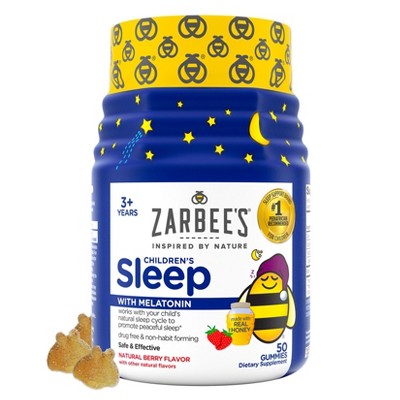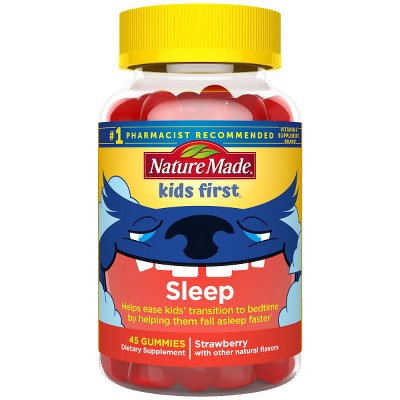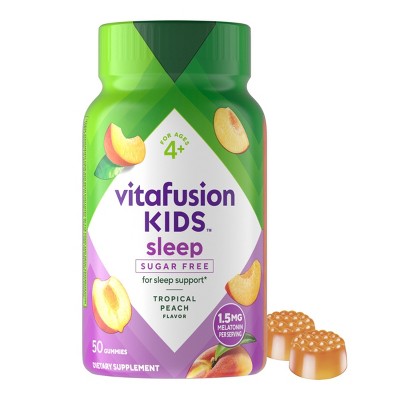Melatonin : Kids’ Vitamins
Sponsored
3 results
Sponsored
Related categories
- Vitamins & Supplements
- Letter Vitamins
- Multivitamins
- Kids’ Vitamins new-chapter
- Kids’ Vitamins vimergy
- Kids’ Vitamins truheight
- Kids’ Vitamins vitamins
- Kids’ Vitamins health-s-harmony
- Kids’ Vitamins nature-s-craft
- Kids’ Vitamins dietary-supplements
- Kids’ Vitamins sqwincher
- Kids’ Vitamins nsf-certified
- Kids’ Vitamins mineral-supplements
- Kids’ Vitamins berry
- Kids’ Vitamins grape
- Kids’ Vitamins liquid
- Kids’ Vitamins vitamin-a
- Kids’ Vitamins herbal-supplements
- Kids’ Vitamins up-up
- Kids’ Vitamins nature-s-truth
Related searches
- youth vitamins
- natures bounty kids vitamins
- up and up kids vitamins
- megafood kids vitamins
- teen vitamins
- sugar free kids vitamins
- girls vitamin
- oily kids vitamins
- critters kids vitamins
- alive vitamins kids
- childrens vitamins gummies
- immune system vitamins kids
- kids vitamins dye free
- vitamin code kids
- teens vitamin
- naturelo teen vitamin
- teen vitamins for him
- olly kids vitamins chill
- kids multivitamin with vitamin d
- pre teen vitamins
Trending Searches
- kids fiber gummies
- bioray kids
- focus factor kids
- zarbee's multivitamin
- orange vitamins
- seed multivitamin
- best vitamins for kids mood
- organic children's vitamins
- kids anxiety supplements
- vitamin kids
- toddler vitamin powder
- culturelle kids multivitamin + probiotic
- berry vitamin
- sqwincher
- chocolate multivitamin kids
- one a day kids multivitamin
- bloom kids
- smartypants kids vitamins
- nordic kids vitamins
- brain vitamins for kids
- nature made kids vitamins
- kids multivitamin with magnesium
Melatonin : Kids’ Vitamins
Kids’ Vitamins: Supporting Healthy Growth and Development
Make nutrition fun for your child, kids typically get all the nutrients they need from food, but vitamins and supplements can add to it. It is best for your kids to get all the vitamins and minerals they need because growing bodies need a lot of support, and kids’ vitamins are an essential part of helping children stay strong, energized, and healthy as they learn, play, and grow. While a balanced diet is the foundation of good health, many children don’t always get all the essential vitamins they need from food alone—especially picky eaters or those with dietary restrictions. That’s where children’s vitamins come in, offering convenient, kid-friendly nutrition to help fill in the gaps.
Vitamins have several important functions; a high-quality kids multivitamin provides a well-rounded blend of essential vitamins and minerals that support a range of developmental needs. Nutrients like vitamin A help with vision and immune health, vitamin D supports strong bones and teeth, and B vitamins help convert food into energy. Iron supports cognitive development, while vitamin C helps keep the immune system in top shape. These foundational nutrients are critical during the early years of growth, when children’s bodies and brains are developing at a rapid pace.
Modern children’s vitamins are formulated with both effectiveness and taste in mind. Today’s options include chewables, gummies, liquids, and powders in kid-approved flavors, making it easier for parents to encourage consistent use without a struggle. Many brands also offer sugar-free or low-sugar varieties, and products free from common allergens like gluten, dairy, and artificial additives, so you can feel confident in what you’re giving your child.
Beyond the basics, some kids multivitamin formulas now include beneficial extras like probiotics for gut health, omega-3s for brain development, or elderberry for immune support. These added ingredients give parents an opportunity to support specific health needs or provide seasonal immune protection, especially during cold and flu season.
Of course, not all children need the same supplementation. A child with a varied, nutrient-rich diet may not need daily vitamins, while others may benefit greatly. If you’re unsure, it’s always a good idea to speak with your pediatrician to determine the right approach for your child’s individual nutrition needs.
Getting kids to eat healthy food full of vitamins is a challenging task, hence incorporating kids’ vitamins into a daily routine can be a simple and effective way to give your child a healthy head start. By choosing products made with clean, high-quality ingredients and designed specifically for children’s health, you’re investing in their future—one vitamin at a time.
FAQs
1. What age should my child start taking a kids multivitamin?
Most children’s vitamins are safe to begin around age 2, though some infant formulas are available. Always follow the dosage instructions by age and consult with your pediatrician.
2. Are gummy vitamins as effective as tablets or liquids?
Yes, many kids multivitamin gummies are formulated to provide the same essential vitamins as other formats. The best option is the one your child will take consistently.
3. Can kids get too many vitamins?
Yes, excessive intake of certain vitamins, like A or D, can be harmful. Stick to the recommended dosage and avoid doubling up on products with overlapping nutrients unless advised by a doctor.









